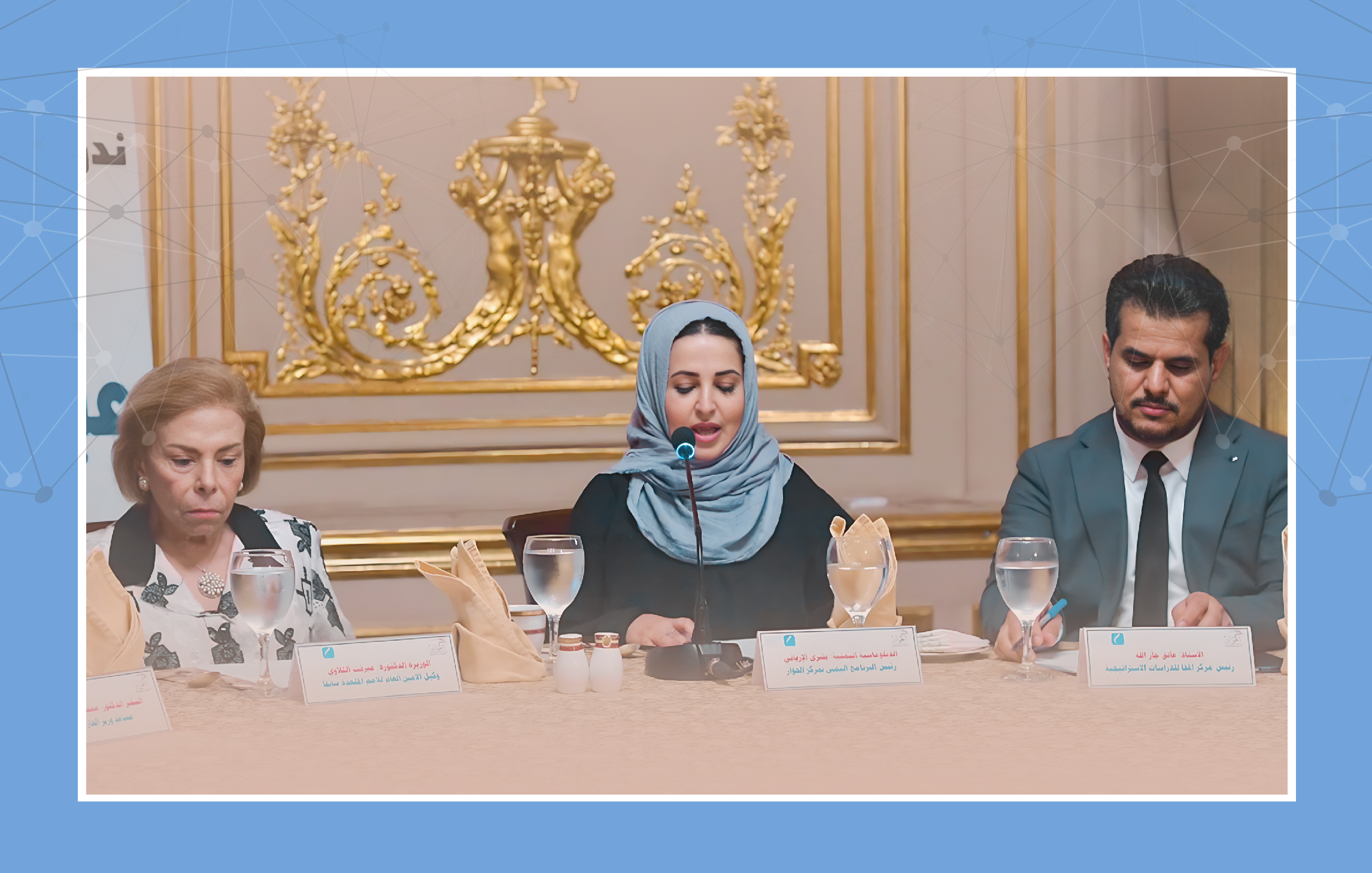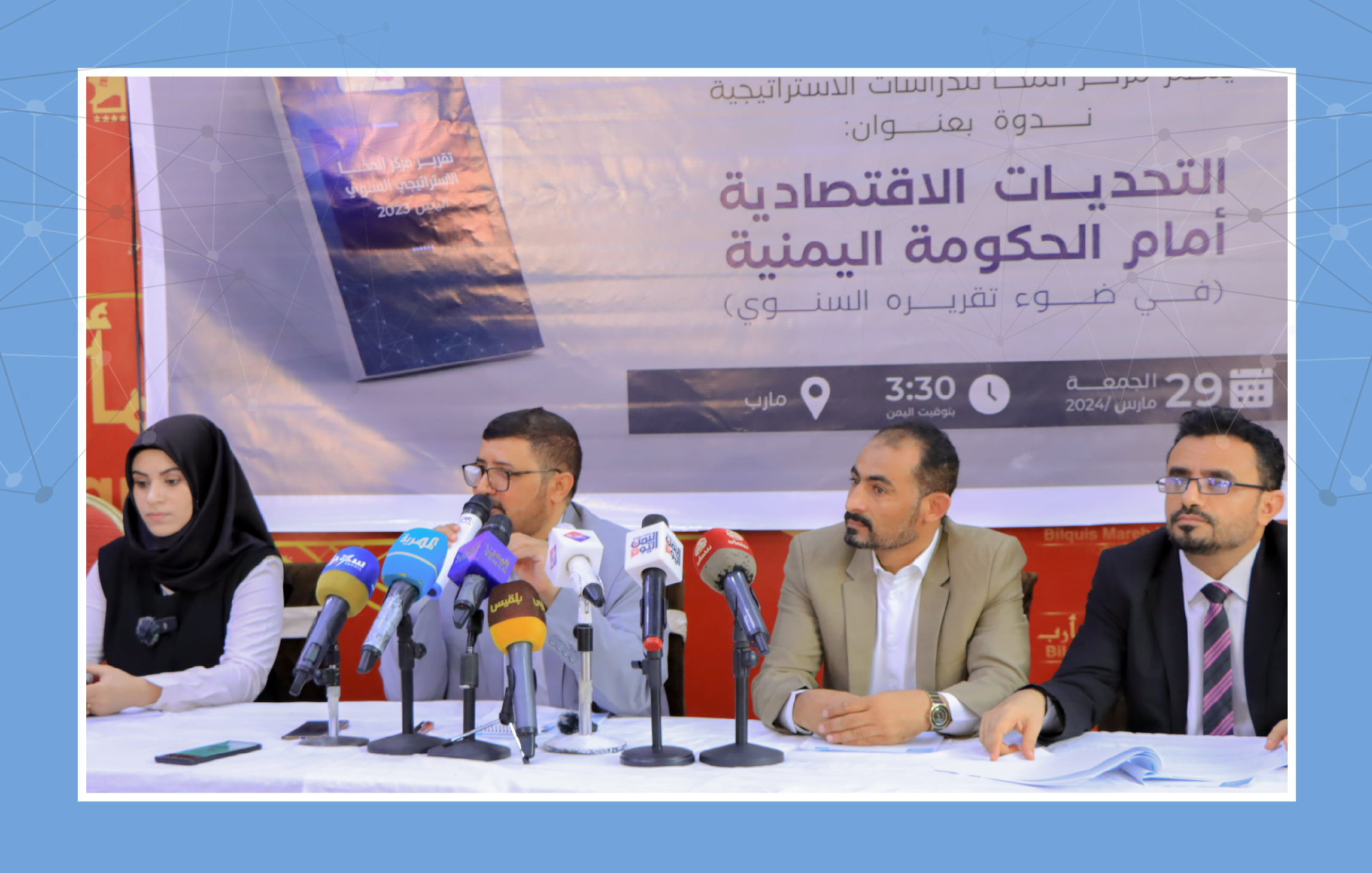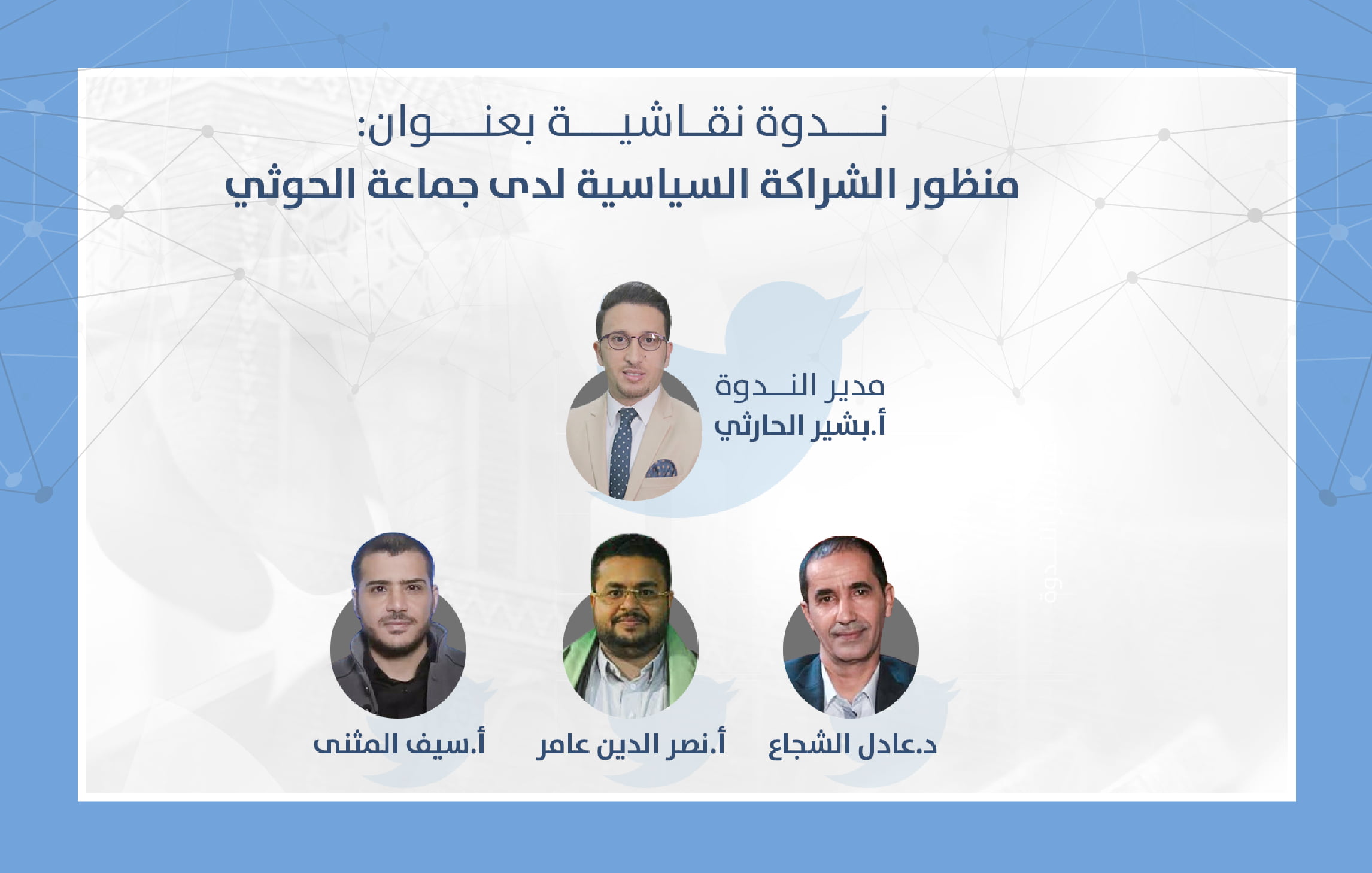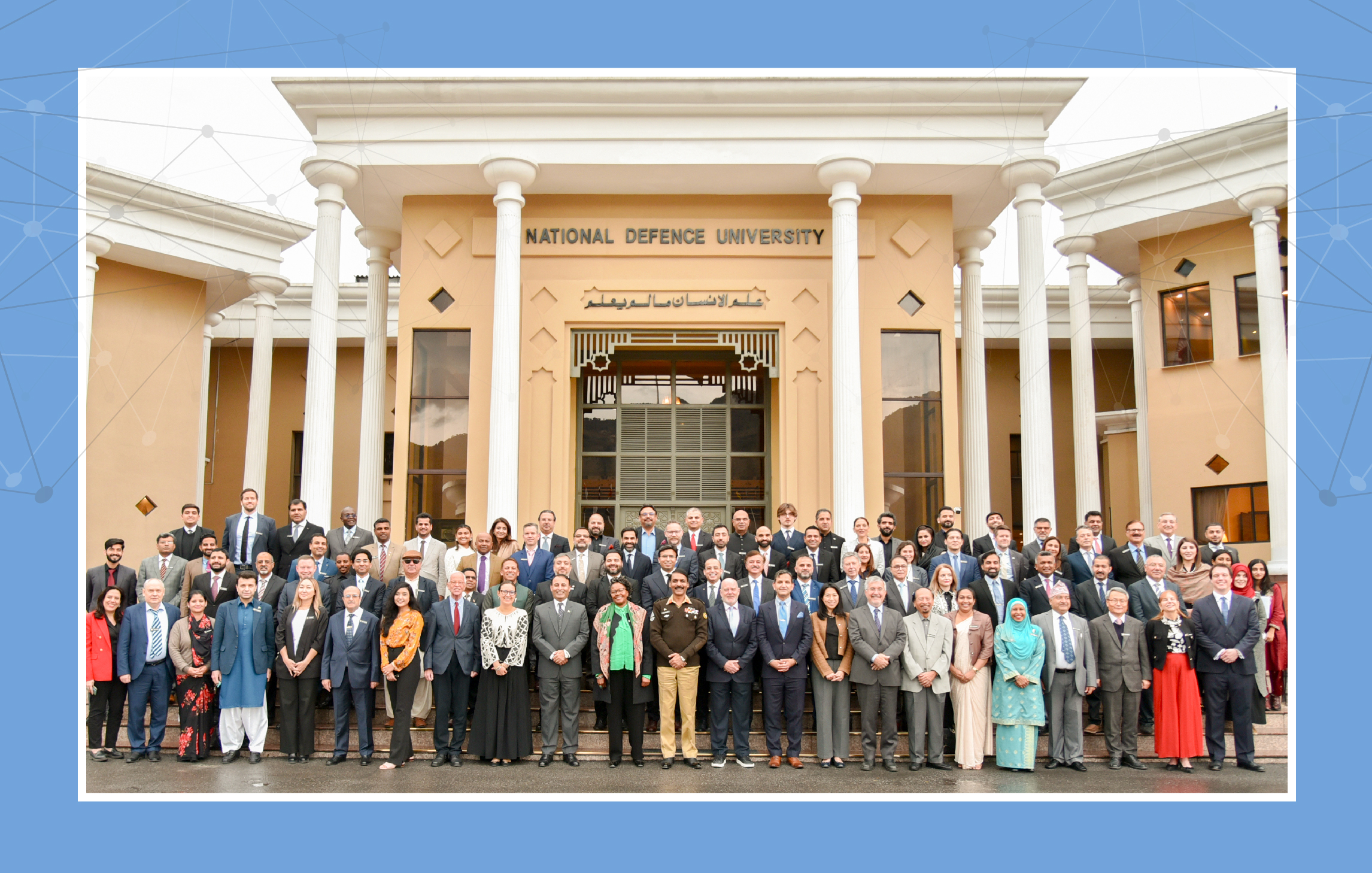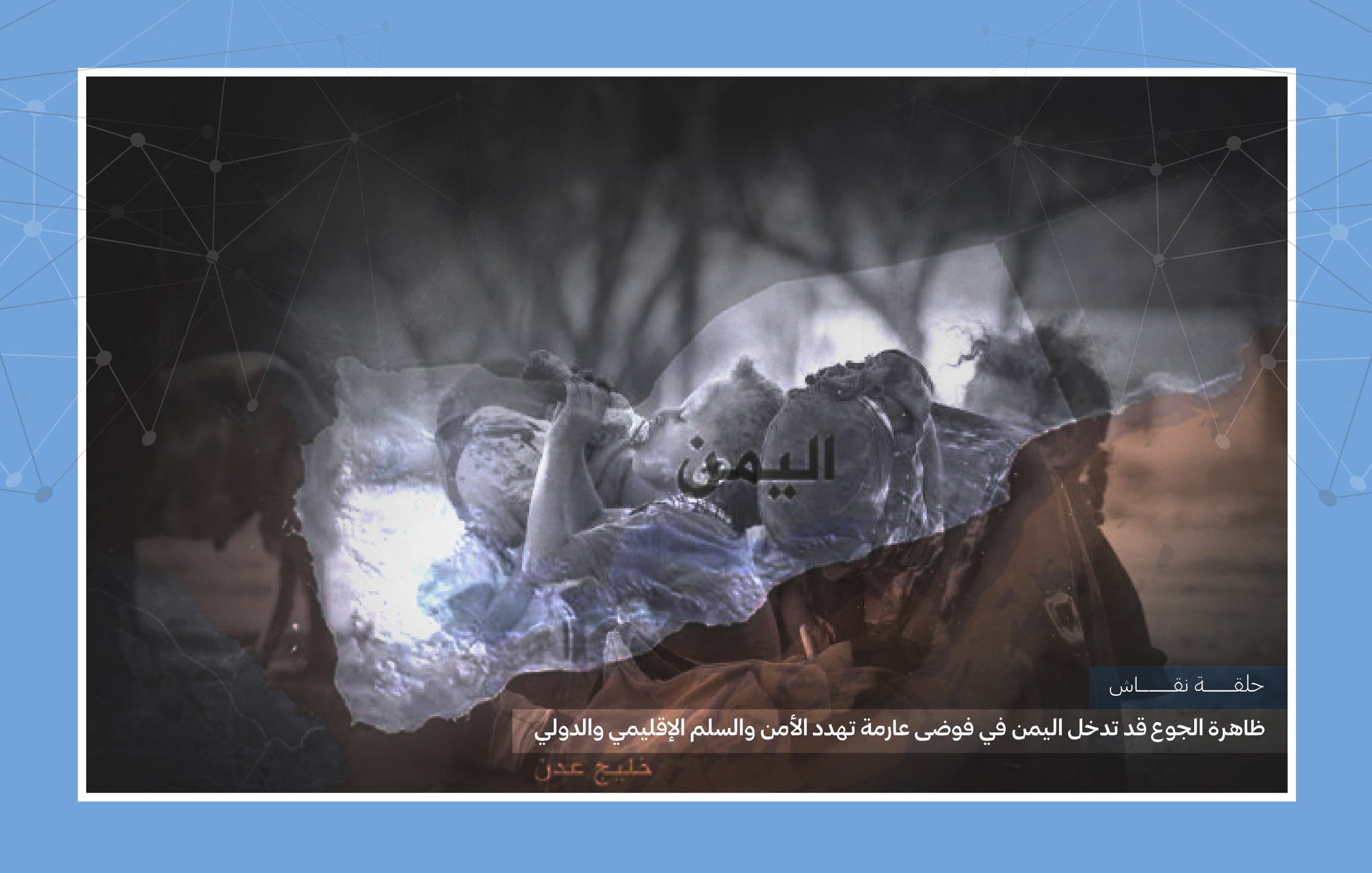Mokha Center launched the first opinion survey:the Yemeni indicator
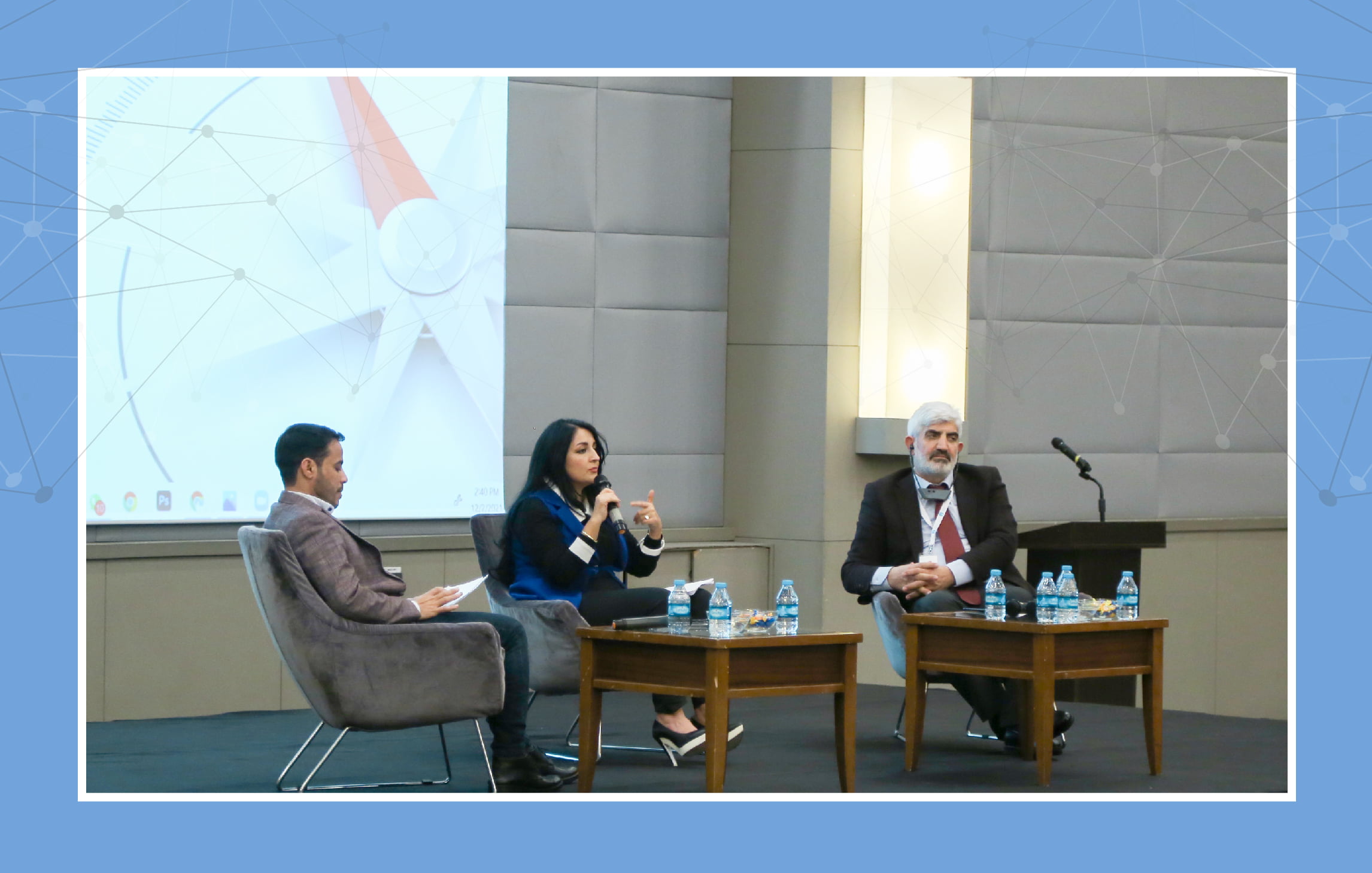
| Getting your Trinity Audio player ready... |
The Mokha Center for Strategic Studies held a symposium to publicize the “Yemeni Indicator”, which was held in Istanbul, Turkey, with the participation of a group of politicians, researchers, thinkers, Yemeni officials and interested parties.
In the opening speech, the head of the center, Ateq[SA1] Jarallah, said that the announcement of the Yemeni Indicator comes at pivotal moment, which Yemen is currently experiencing, to measure public opinion and know the opinions of Yemeni citizens and their outlook for the future.
Jarallah pointed out that the indicator — which lasted two months in preparation — would primarily support research materials at the Center. In addition, both the indicator and the results of the study will be presented to international organizations and political actors, as it contains important information and views of people that were taken from the field in close proximity.
Jarallah also mentioned that the results of the study were surprising to a large extent through some of the issues addressed by society, as they were contrary to what was prevalent among political elites. In fact, getting information directly and closely from people is quite different from taking public impressions from outside.
Moreover, Jarallah called on politicians and the media to further enrich the indicator and utilize it in the making of future policies, knowing the needs of the internal situation, and knowing what is required in the first place, as the indicator is characterized by a large degree of accuracy and objectivity.
The Mokha Center for Strategic Studies, in partnership with the Polling Yemen Center (PYC), [SA2] carried out a field study on the overall current situation and the roles of the local and foreign parties in the conflict in Yemen during the years of war. The field study concluded that the situation in Yemen is currently going in the wrong direction, with unclear parameters after years of war and intense conflict.
During the symposium, Mr. Hamid Radman, the supervisor of preparing the indicator, mentioned the problems and difficulties that the team faced during the completion of the study in the areas of the legitimate government and the difficulty that the team encountered in Houthi-controlled areas. The team faced direct threats and was subjected to risks that threaten their safety.
Radman indicated that the 80-page study concluded the opinions of citizens by directly meeting with citizens (field visits), accompanied by research questions consisting of 30 questions, divided between open and closed questions.
The indicator presented the Yemenis’ view of their country within the aspects of conflict and peace opportunities, starting with the economic situation, passing through the political situation in general and the countries participating in the war or affecting it directly and indirectly.
Part of the factors and causes of the conflict in Yemen goes back to factors related to the Yemenis themselves and the ongoing disputes between them that are fueled by regional and international parties.
For his part, Samer Abu Rumman said in the symposium that the places of conflicts and wars — despite the pain — remain a fertile environment for conducting public opinion polls, to predict the future and provide more objective solutions.
Christian Herpfer, head of the World Values Survey (WVS), pointed out, during his session, the importance of opinion polls, in extracting people’s opinions and knowing whether society respects its policies or not.
During the intervention by Nasser Al-Taweel, he stressed that the lack of polling centers for measuring public opinion in Yemen affected decision-makers in making appropriate decisions.
Nasser Al-Taweel added that Yemeni society is classified as a youth society, in which youth represents the largest group, and, therefore, we cannot understand its views objectively and accurately, except through surveys that provide more accurate conclusions, and this is what happened in the Yemeni Indicator.
In the speech of the former Minister of Human Rights Houria Mashhour, she addressed the first beginnings of the conflict and the war, which began with the Houthi coup in 2014, which shocked the community, as the international community tried to return the matter to the political track with no success.
Mashhour pointed out that the international community and the United Nations had tried to stop the war and return to the political track, but they had not yet been able to, despite the appointing of four United Nations envoys, the most recent is Hans Grunberg, whom the Houthis have so far refused to welcome, which will affect his chances of success.
During the session of Ali al-Dhahab, in which he reviewed several risks that threaten Yemen as an entity and a state, he indicated that the weakness of the Yemeni state was a direct cause of these external and regional interventions and the complicity of the international force.
He added that the most significant implications and risks currently are represented in the exposure of Yemen’s unity and territorial integrity, especially by the Transitional Council the UAE agent in Yemen, as well as the expansion of the Iranian Shiite and the expansion of the influence of armed militia outside the authority of the state in northern and southern Yemen.
Marise Younes participated in during the symposium by emphasizing that there is an elite crisis in the Arab world, and, therefore, no matter how present the external interventions are, there is an elite crisis within each country separately, which deepens the conflict and delays the chances of establishing peace.
Younes added that public opinion in the Arab world is currently shaped by governments and political actors, and opinion polls come to re-introduce the opinion within the community itself, and here lies the importance of polls and field studies.
